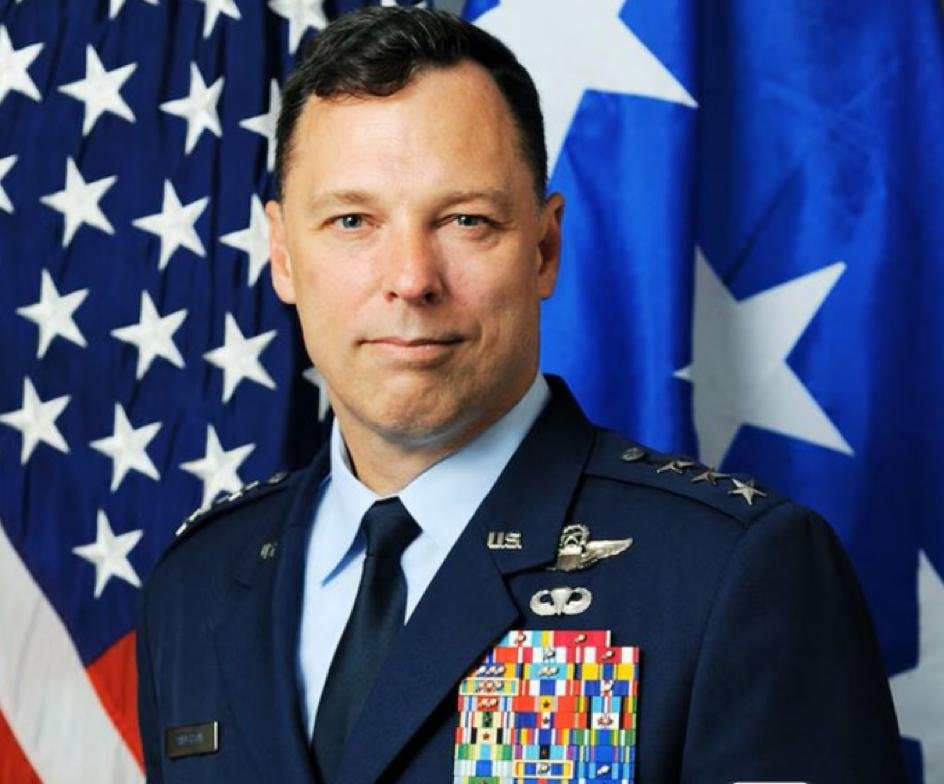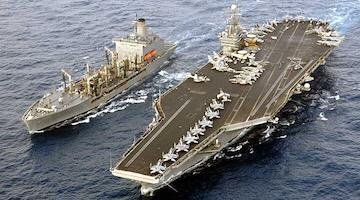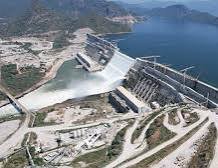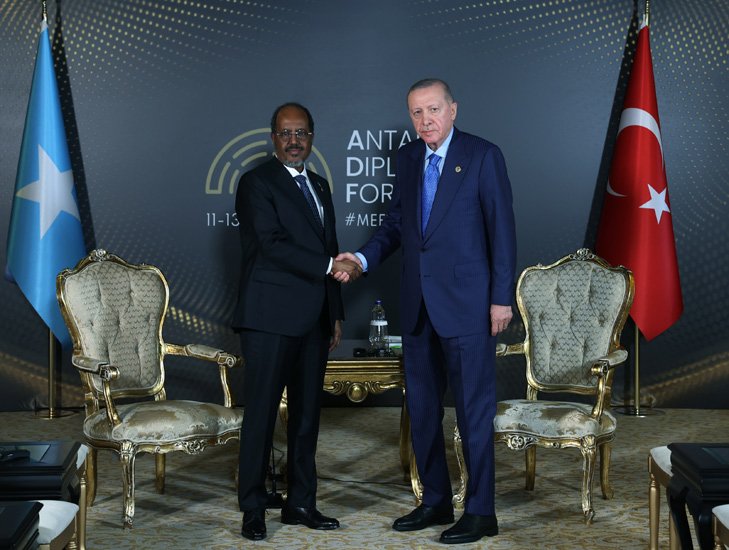
Lt.-Gen.-Anderson, AFRICOM
By Prof. Nassir Hussein Kahin, Political Analyst, International Affairs Writer and Managing Editor of bridgingsomaliland.com
A subtle but powerful shift is emerging in the United States’ approach to Africa, one that could dramatically redefine its role in the Horn of Africa and beyond. The recent appointment of U.S. Air Force Lt. Gen. Dagvin Anderson as commander of U.S. Africa Command (AFRICOM) marks not only a new leadership era but also a new window of opportunity — and Somaliland is right at the center of it.
In a region burdened by instability, weak governance, and extremist threats, Somaliland stands apart as a beacon of peace, democratic resilience, and strategic potential. For over three decades, it has functioned independently from Somalia, held multiple credible elections, and maintained internal security — all without the support or recognition of the international community. Now, with the geopolitical sands shifting, the U.S. has compelling reasons to upgrade its engagement with this unrecognized but undeniably stable republic.
⸻
A Clear U.S. Interest in Somaliland
General Anderson’s confirmation hearing in July 2025 offered a rare public glimpse into AFRICOM’s evolving strategy. When asked directly about the future of U.S. engagement in the region, his response was measured, yet revealing:
“I think it’s in our interest to have some level of engagement in that region — whether that’s with the federal government or the member states.”
This statement, though diplomatically cautious, suggests a recalibrated approach that may finally break with Washington’s decades-long hesitation over Somalia’s territorial claims. With China expanding its military influence across Africa and Russia ramping up information warfare to tilt governments toward autocracy, the U.S. needs dependable, democratic partners more than ever.
And Somaliland fits the bill.
⸻
Strategic Geography and Global Competition
Somaliland’s port of Berbera sits at one of the world’s most crucial maritime chokepoints — the southern gateway to the Red Sea and the Suez Canal. For AFRICOM, which is closely monitoring China’s expansion of dual-use ports on the Atlantic and Indian Oceans, access to Berbera would offer unparalleled strategic depth.
Beijing’s growing presence in Africa, from information operations to infrastructure diplomacy, poses an undeniable challenge. As Gen. Anderson told the U.S. Senate, China is not seeking allies — it’s seeking clients. In contrast, the U.S. offers partnerships built on mutual respect and shared values. Somaliland’s pro-Western orientation, transparency, and refusal to align with authoritarian patrons make it a natural fit.
A stronger U.S.–Somaliland relationship could safeguard the Red Sea corridor, protect international shipping routes, and serve as a forward operating location for counterterrorism, intelligence, and military deterrence.
⸻
A Reliable Ally in the Fight Against Extremism
AFRICOM’s recent experiences underscore why reliable partners matter. During Gen. Anderson’s command of Special Operations Command-Africa (SOC-Africa), he faced a deadly wake-up call: the 2020 Al-Shabaab attack on the U.S. base at Manda Bay, Kenya. A combination of intelligence failures, poor tactical leadership, and underestimation of terrorist capabilities led to American casualties.
Compare that with Somaliland, where U.S. security cooperation has shown promise — particularly in training the Danab Brigade, one of the most capable counterterrorism forces in East Africa. Somaliland’s stable environment, functional institutions, and community support for anti-terrorism measures make it a much safer and smarter location for expanded U.S. military engagement.
⸻
Economic Diplomacy: Critical Minerals and Private Sector Synergy
Security isn’t the only pillar of this potential alliance. Under both the Trump and Biden administrations, AFRICOM has been increasingly tasked with supporting economic diplomacy — creating secure environments where U.S. companies can invest. General Anderson emphasized that AFRICOM can “convene stakeholders” to explore the security implications of private sector investments, particularly in mining and infrastructure.
Here again, Somaliland is poised to play an important role. Its unexplored wealth of critical minerals — vital to the clean energy transition and high-tech manufacturing — offers the U.S. an opportunity to diversify supply chains away from China. In return, Somaliland seeks recognition, infrastructure investment, and long-term economic partnerships.
Such a deal would not only unlock economic potential on both sides but also serve America’s global supply chain strategy.
⸻
The Information Front: Fighting Disinformation and Promoting Truth
In an increasingly digital battlefield, General Anderson warned of the Russian and Chinese manipulation of African public opinion through propaganda. He noted how Russian operations turned African populations against French troops in the Sahel — without firing a shot.
The U.S. may be losing the “war for truth” on the continent, but Somaliland offers a platform to rebuild credibility. With its relatively free press, civil liberties, and openness to Western media, Somaliland could be a hub for counter-disinformation operations, cultural diplomacy, and Voice of America broadcasts.
⸻
The Bigger Picture: Somaliland as a Model for U.S.–Africa Engagement
For decades, U.S. Africa policy has been constrained by outdated assumptions about borders, recognition, and federal sovereignty. But the facts on the ground tell a different story.
Somaliland has functioned independently for 34 years. It has built democratic institutions, ensured internal security, and maintained regional stability — all without the international support enjoyed by its less stable neighbors. As General Anderson rightly observed, the volatility of the continent demands reliable relationships, not symbolic ones.
By deepening engagement with Somaliland — through military cooperation, investment, and diplomatic recognition — the United States can secure its interests while honoring its principles. It would be a bold move, yes — but a necessary one.
⸻
Don’t Miss the Moment
Lt. Gen. Dagvin Anderson’s leadership presents a chance for the U.S. to break free from outdated policy paralysis. Somaliland is not a gamble — it is a proven partner. The risks of inaction are growing, as China and Russia fill every vacuum left by Western hesitation.
The time for quiet engagement has passed. The time for bold partnership has arrived.
The question now is not whether Somaliland is ready for the U.S. — it’s whether the U.S. is ready for Somaliland.
Editor’s Note:
This article is the second part of bridgingsomaliland.com special series analyzing Somaliland’s evolving role in Red Sea geopolitics, regional diplomacy, and the global critical minerals race.
Write your comments below:


